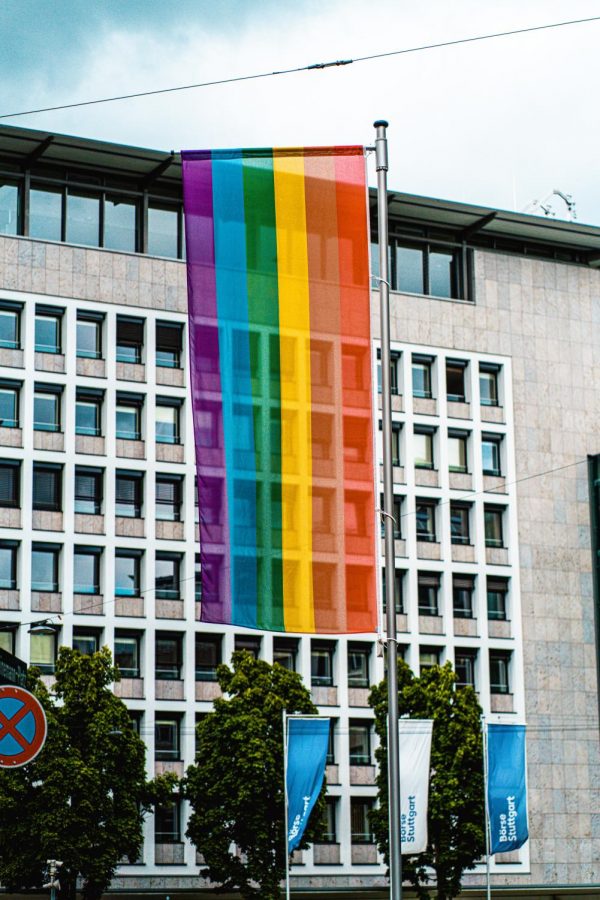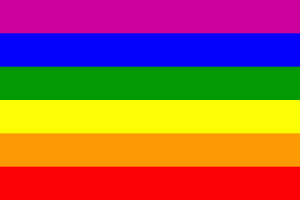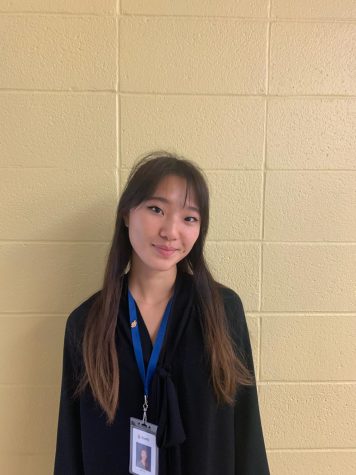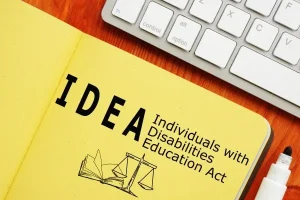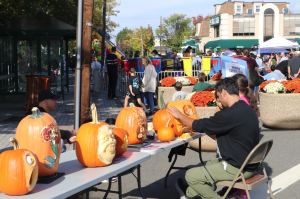Tenafly Strives for More LGBTQ Inclusivity
October 7, 2021
After New Jersey, in February of 2019, became the second state in the nation to require public schools to educate middle and high schoolers on the contributions of people in the LGBTQ and disability communities, Tenafly High School has been working to enhance its curriculum for more inclusiveness.
Governor Phil Murphy signed the LGBTQ Inclusive Curriculum Bill into effect in February of 2019, mandating LGBTQ-inclusive curriculum to be implemented in middle schools and high schools across the state. The bill requires “boards of education to include instruction, and adopt instructional materials, that accurately portray political, economic, and social contributions of persons with disabilities and lesbian, gay, bisexual, and transgender people.” The bill, the second in the nation after California’s, enforces the belief that positive representation—understanding the impacts and contributions of LGBTQ culture—will yield positive outcomes. Tenafly High School teachers are working with Garden State Equality, New Jersey’s largest LGBTQ advocacy group, to integrate the curriculum into our public school system.
Tenafly High School teachers Mrs. Schmarge and Señora Peláez-Martínez are at the helm of writing the new curriculum. Historically, people in the LGBTQ and disability communities have been underrepresented, diminished, or even erased completely in the educational narrative. The new lessons in the curriculum will ensure their impacts are recognized. “When we teach women’s history and Black history, for example, we need to do the same thing,” Schmarge, who teaches history, said. “History is a story with many points of view that should not be celebrated in February and March only, but throughout the course. The same principle applies here. It’s a great way to instill tolerance and to learn about all people.” World language teacher Peláez-Martínez is also striving to add LGBTQ+ material in her curriculum. “The lessons I created for the state pilot touch upon inclusive language, gender roles during the AIDS crisis, using song lyrics about a fractured relationship between a father and son, and how telenovelas have presented romantic relationships and shaped public perception.”
Our state isn’t the only one pushing for more inclusion in education and learning. Last week, Scotland made history by becoming the first country to require teaching LGBTQ history in schools. The curriculum integrates LGBTQ across multiple subjects. For example, one math problem featured a girl buying Father’s Day cards for her two dads. In other activities, younger students can learn about LGBTQ history through arts and crafts like coloring pages.
However, LGBTQ can be a polarizing topic of discussion in the United States. Currently, six states have explicit anti-LGBTQ education laws, also referred to as “No Homo Promo Laws.” For example, Alabama’s State Code reads: “Classes must emphasize, in a factual manner and from a public health perspective, that homosexuality is not a lifestyle acceptable to the general public and that homosexual conduct is a criminal offense under the laws of the state.” These laws, according to LGBTQ rights activists, are highly stigmatizing and foster an unsafe environment for students in the community.
While the students in the LGBTQ community at Tenafly haven’t been harassed for their gender identity, “There’s not so much a negative force, but [a sense of separation],” a junior who preferred to remain anonymous, said. JP, a Tenafly High School graduate who identifies as a trans man and has been transitioning for three years, said he wished that there had been more understanding and empathy surrounding the LGBTQ community while he went through high school and that the new curriculum might make current LGBTQ students feel more comfortable in school. “[The curriculum will] hopefully help people like me figure themselves out and be okay with [their identity] much sooner,” he said. “It is so difficult [to come out] and I hope the curriculum builds more support and understanding. I’ve come back to Tenafly to talk about my transition a couple of times, and you can just see and tell by the questions that I get asked, that this is not something that’s talked about [often] at Tenafly. People are genuinely curious or just don’t understand what it’s like to be in the community.”
With the development of new curriculum at the high school, LGBTQ awareness and acceptance continue to follow an upward trend. Extracurricular activities and events, such as the Gay-Straight Alliance at school to pride month parades in town foster awareness and inclusion. “Tenafly has been super supportive over the years,” the junior said. “I joined the GSA in middle school and it helped me out a lot. That was my first [real life] community of queer people, and they really helped… me feel like I wasn’t broken. Feel like I wasn’t alone. It takes a while to realize that you’re in the community and a lot of self-acceptance in a heteronormative society.”
For JP, his teachers at the high school were some of the most supportive people throughout his transition. He continues to keep in touch with some of them and now works at a nonprofit, trying to start up a program for LGBTQ teens. “In recent years, we have seen small changes that mean so much,” Schmarge added. “We have a gender-neutral bathroom on the first floor of the high school. We have seen more pride flags in the building and symbols on doors indicating that a teacher or faculty member is an ally and is available to students. Seems like a small thing, but I am sure that it has had a major impact on some people in our school.”
As we take steps towards a safer, more inclusive, and more knowledgeable space for learning, it’s important to recognize that progress does not happen overnight. “Ultimately, the goal of acceptance is having everyone know about the community more, and not being afraid of people misunderstanding,” the junior said. Schmarge concurred. “I would like everyone to realize that all people have the same basic needs and that gender identity and sexual orientation do not make a person ‘good’ or ‘bad’… An inclusive curriculum and safe spaces are a great start,” she said. “Once we arm ourselves with knowledge, we can make a bigger difference in the world. You guys won’t always live in Tenafly. You might go to college in a different state or region of the country where people are less tolerant. Maybe your roots and your beliefs can influence others to learn more about people and spread a little love.”












































































































































